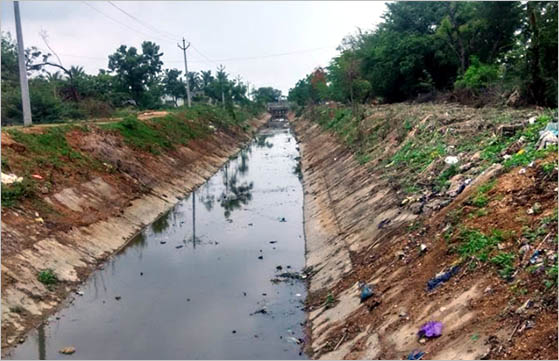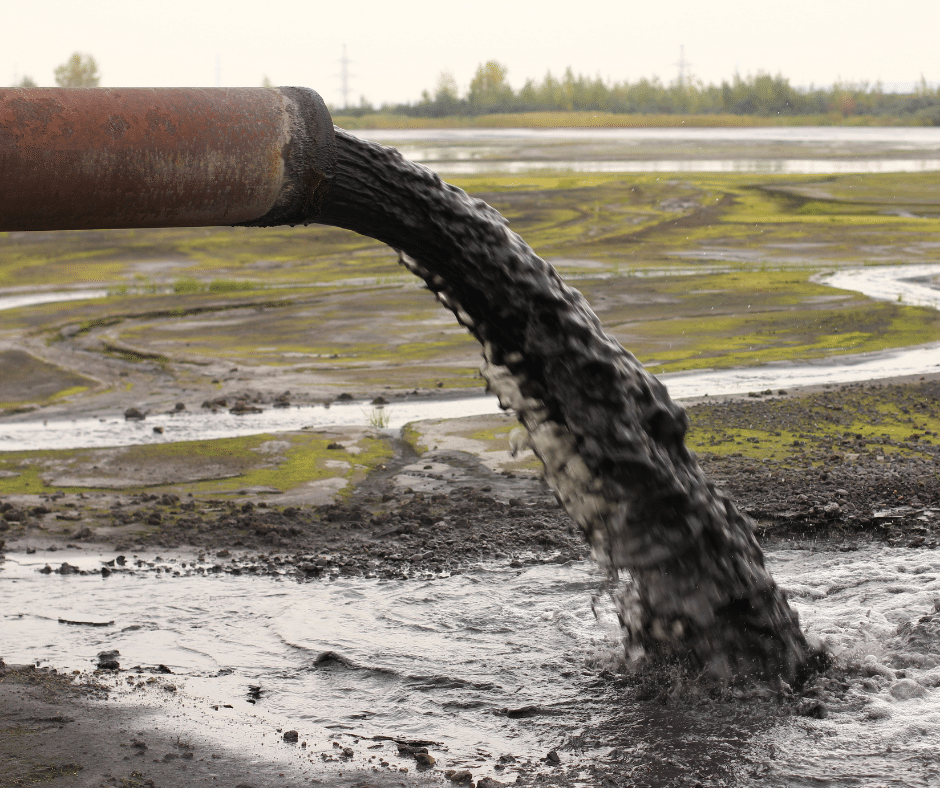Expert Liquid Waste Removal Melbourne: Maintaining Your Setting Tidy
Expert Liquid Waste Removal Melbourne: Maintaining Your Setting Tidy
Blog Article
Understanding the Comprehensive Refine of Fluid Garbage Disposal: Best Practices and Environmental Influence Considerations
The administration of fluid waste disposal is a diverse concern that calls for an extensive understanding of different ideal techniques and their connected environmental influences. From the sorts of liquid waste generated to the techniques employed for collection, treatment, and last disposal, each action plays an essential function in guarding environments and public health. As regulatory standards develop and technology advances, the discussion around these processes becomes increasingly pertinent. What effects do these adjustments hold for future sustainability initiatives, and just how can stakeholders ensure that they are adequately dealt with?
Kinds of Fluid Waste
Understanding the numerous kinds of liquid waste is necessary for effective management and disposal methods. Fluid waste can be broadly categorized into a number of types, each needing one-of-a-kind handling and therapy strategies.
Industrial fluid waste frequently has unsafe materials, consisting of heavy steels, solvents, and chemicals, created during producing processes. These wastes necessitate strict governing compliance to shield human health and wellness and the environment. Residential liquid waste primarily refers to wastewater created from houses, including sewer and greywater, which, although much less toxic, can still present substantial threats if improperly taken care of.
Agricultural fluid waste, consisting of drainage from farms, often includes fertilizers and pesticides that can bring about environmental degradation if not treated appropriately. Medical liquid waste, generated from healthcare facilities, consists of infected liquids such as bodily fluids and chemicals, requiring specialized disposal methods to stop infection and environmental contamination.
Finally, oil and oil waste, commonly generated by restaurants and automobile markets, can cause severe blockages in drain systems otherwise handled appropriately. Recognizing these groups promotes targeted methods for treatment, compliance with guidelines, and efficient disposal methods, inevitably advertising ecological sustainability and public health and wellness security.

Collection Techniques
Effective collection methods are crucial for the correct administration of liquid waste, making certain that it is collected safely and successfully before therapy or disposal. Various strategies are utilized depending on the kind of fluid waste generated, the quantity, and the particular qualities of the waste.
One common approach is making use of committed collection storage tanks or sumps, which are developed to capture fluid waste at the source. These systems commonly incorporate pumps that facilitate the transfer of waste to larger storage containers or therapy facilities. Furthermore, mobile collection systems equipped with vacuum innovation are utilized in scenarios where waste is created intermittently or in hard-to-reach places.
For commercial setups, closed-loop systems can efficiently decrease leaks and spills, permitting the healing and reuse of fluid waste. It is additionally necessary to educate employees on proper collection procedures to minimize dangers connected with hazardous compounds.
Moreover, implementing routine upkeep timetables for collection equipment makes sure optimal performance and security. The combination of innovative monitoring systems can boost collection effectiveness by providing real-time data on waste levels and prospective hazards. In general, reliable collection methods are fundamental to sustainable fluid waste management practices.
Therapy Procedures
Therapy processes play an important function in the administration of fluid waste, changing possibly harmful materials into risk-free effluents or recyclable resources - liquid waste disposal. These processes can be broadly categorized right into physical, chemical, and organic methods, each tailored to attend to particular pollutants present in the waste stream
Physical treatment methods, such as sedimentation and filtering, work by removing suspended solids and particle issue. These strategies are typically the primary step in the therapy chain, effectively decreasing the load on succeeding procedures. Chemical therapies include the use of reagents to neutralize harmful materials, precipitate heavy steels, or oxidize organic contaminants, thus enhancing the safety and security of the effluent.
Organic treatment procedures, including turned on sludge systems and anaerobic digestion, take advantage of the natural abilities of microbes to deteriorate raw material. These approaches are specifically efficient for wastewater having eco-friendly pollutants. Advanced treatment modern technologies, such as membrane filtration and progressed oxidation procedures, are increasingly utilized to accomplish higher levels of filtration.
Incorporating a mix of these therapy approaches not only guarantees conformity with regulatory criteria but also promotes environmental sustainability by recovering valuable resources from liquid waste.
Disposal Options
Just how can companies guarantee the risk-free and liable disposal of liquid waste? Efficient disposal alternatives are crucial for protecting public health and wellness and the environment. The primary techniques include land disposal, treatment, and incineration followed by discharge right into metropolitan wastewater systems.
Land disposal entails the mindful control of liquid waste in designated landfills, ensuring that it does not leach into surrounding soil or water. Incineration, on the other hand, subjects fluid waste to heats, transforming it into ash and gases, which need correct filtering to decrease exhausts. This approach appropriates for hazardous wastes that can not be dealt with via typical means.
In instances where fluid waste can be dealt with, companies may choose organic or chemical treatment procedures to neutralize harmful parts prior to releasing the dealt with effluent right into community systems. This route generally straightens with regulatory requirements, ensuring that the effluent meets safety criteria.
Inevitably, companies must perform extensive evaluations of each disposal option to establish its feasibility, thinking about elements such as waste composition, regulatory conformity, and potential threats to wellness and the atmosphere. By selecting proper disposal methods, businesses can add to an accountable waste management technique.
Ecological Impact
The ecological impact of liquid waste disposal is an essential consideration for organizations seeking to lessen their ecological impact. browse around this site Additionally, the discharge of without treatment go to this website or improperly treated waste right into surface area waters can result in eutrophication, leading to oxygen deficiency and the succeeding fatality of fish and various other microorganisms.

To alleviate these effects, organizations must embrace finest practices such as applying strenuous waste therapy procedures, promoting recycling and reuse, and adhering to regulative criteria. By taking an aggressive technique to liquid waste management, entities can significantly lower their environmental footprint while sustaining lasting growth goals. Inevitably, a thorough understanding of the ecological effects connected with fluid garbage disposal is important for informed decision-making and accountable stewardship of natural deposits.
Verdict
Efficient management of fluid waste is essential for securing ecological honesty and public wellness. Inevitably, a comprehensive understanding of liquid waste disposal not just reduces ecological impacts however additionally cultivates a dedication to responsible resource administration and ecological stewardship.
The monitoring of fluid waste disposal is a multifaceted problem that needs a thorough understanding of different finest helpful resources practices and their connected ecological effects. From the kinds of liquid waste created to the methods used for collection, treatment, and final disposal, each step plays an essential duty in safeguarding environments and public wellness.The ecological influence of fluid waste disposal is an essential factor to consider for companies looking for to decrease their eco-friendly impact. Inevitably, a thorough understanding of the environmental effects connected with liquid waste disposal is necessary for notified decision-making and accountable stewardship of natural sources.
Ultimately, a detailed understanding of liquid waste disposal not only mitigates ecological impacts but additionally cultivates a dedication to accountable source monitoring and ecological stewardship.
Report this page